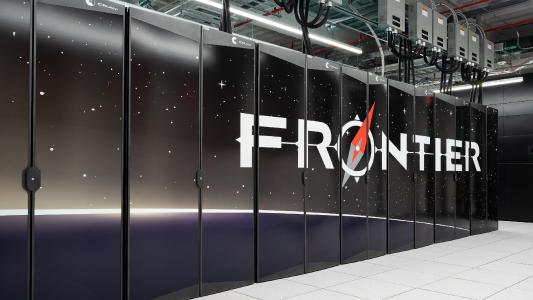Microsoft is training an AI to generate the paperwork needed to get next-gen nuclear reactors approved by regulators — all so that the reactors can power Microsoft data centers running generative AIs.
Power hungry: As of November 2023, 100 million people were using OpenAI’s ChatGPT on a weekly basis, and answering all their queries requires a lot of computing power.
Tech giant Microsoft is shouldering much of that burden — in addition to investing a reported $13 billion into OpenAI, it also built the massive supercomputer used to train the startup’s generative AIs, and its data centers provide the processing power used to run the models.
Getting new nuclear reactors approved by regulators is an expensive, complex process.
Nuclear vision: Microsoft appears keen to use nuclear energy — specifically from small modular reactors (SMRs) — to meet the increased electricity demand that generative AI is putting on its data centers.
Unlike coal or natural gas power, nuclear power doesn’t generate carbon emissions, and while solar and wind are carbon-neutral, they’re also dependent on the environment — nuclear reactors can generate electricity under any weather conditions.
There aren’t any SMRs in operation in the US yet, though, and getting one approved by regulators is an expensive, complex process. The only company to do it, NuScale, spent $500 million, and its application was 12,000 pages long, with more than 2 million pages of supporting documents.
What’s new? In the hope of streamlining this process, Microsoft has teamed up with Terra Praxis, a nonprofit that promotes decarbonization, to train a generative AI to help create the documents needed to get new nuclear reactors approved.
“We’re really excited about the game-changing potential for AI in this space.”
Michelle Patron
The AI isn’t running unsupervised or generating any of the data that goes into the documents, though.
“What we’re doing here is training a [large language model] on very specific highly structured documents to produce another highly structured document almost identical to previous documents,” Eric Ingersoll, co-CEO of Terra Praxis, told the Wall Street Journal.
Looking ahead: Ingersoll estimates that the AI could cut the number of human hours needed to get a new SMR approved by 90%, and while it’s too soon to say whether he’s right, Microsoft appears hopeful that its bet on generative AI to accelerate its nuclear vision will pay off.
“We’re really excited about the game-changing potential for AI in this space,” Michelle Patron, Microsoft’s senior director of sustainability policy, told the WSJ.
We’d love to hear from you! If you have a comment about this article or if you have a tip for a future Freethink story, please email us at [email protected].





